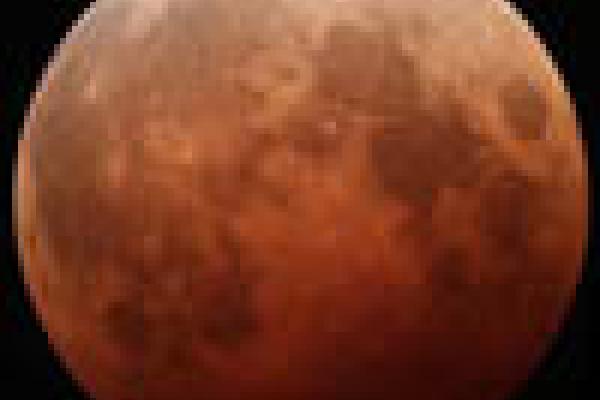News story

What made the Moon?
New research suggests that our trusty companion may not have been the Earth's first, but formed from several smaller moonlets.


What happens when magnetic fields get tangled up in knots? This does happen in the Sun's atmosphere and mathematical models predict that once the magnetic field becomes tangled, it must retain some vestige of this complexity for a long time. This enables the storage of vast quantities of energy. In this article I will outline how the notion of magnetic topology helps us to understand the physical situation and draw such conclusions.